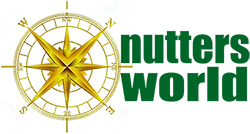Titbits and News from the Mare Nostrum
Broadening Horizons: New Approaches in East Mediterranean & Black Sea Archaeology
A look at the 'East Mediterranean, Aegean, Black Sea: New Approaches' Colloquium at the Acropolis Museum, exploring innovative techniques like LIDAR, big data, and geoarchaeology.
By Nick Nutter on 2025-11-17 | Last Updated 2025-11-17 | Titbits and News from the Mare Nostrum
This article has been visited 473 times

Acropolis Museum Friday evening
Broadening Horizons
Sitting in an auditorium for twelve hours on a Friday evening followed by a full Saturday and Sunday morning, listening to a group of archaeologists expounding on their latest findings may not be everybody’s idea of a great weekend. But, read on.
On Friday 7th November 2025, Professor Dr. Nikolaos Chr. Stampolidis, the General Director of the Acropolis Museum, opened the International Colloquium, “East Mediterranean, Aegean, Black Sea: New Approaches” at the splendid auditorium at the Acropolis Museum in Athens.
Notable academics from all over the Eastern Mediterranean and Europe presented papers highlighting their latest research and findings relating to the expansion of the Greek colonies in the Aegean, Black Sea, and Eastern Mediterranean. So far, so normal. What made this conference different was that the Greek expansion was only the backdrop against which new ways of acquiring and presenting data were explored.
‘New Approaches’ included the use of LIDAR, big data, petrographic analysis, ground penetrating radar and geoarchaeology. The presenters looked at ways of connecting the data in innovative ways to conceptualise historical events, thereby opening up exciting new avenues of research and, potentially, new conclusions.
Do you enjoy my articles? For your reading pleasure, this website does not carry third party ads. You could help me write more articles by buying me a cup of coffee.
The Importance and Aims of Colloquium
Archaeology has come a long way since the first antiquarians began digging up fossils and ancient artefacts. Today the archaeological field has dozens of specialised subfields, all of which demand particular knowledge gained over, in some cases, a lifetime of intensive work and study, leaving little time for an appreciation of developments in related subfields.
Colloquium are occasions when specialists in their individual subfields can be brought together to share their methods and knowledge to other academics in related but different subfields and, perhaps more importantly, to that portion of the general public with an interest in, in this case, the spread of Greek colonies between the 8th and 6th centuries BC.
Did the Athens Colloquium achieve its aim?
A resounding yes. Professor Stampolidis and his team assembled a distinguished and informed array of fourteen speakers. As a member of the public with a great interest in the subject of the colloquium, rather than an academic working in a specialised field, I found the talks engrossing. The cross-purpose nature of the methods used to reach an opinion or conclusion sparked not a few ideas of my own that will no doubt manifest themselves in future articles.
Do you enjoy my articles? For your reading pleasure, this website does not carry third party ads. You could help me write more articles by buying me a cup of coffee.
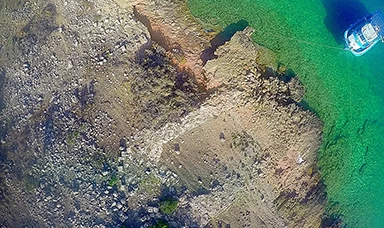 Dana Island, oldest ancient shipyard
Dana Island, oldest ancient shipyard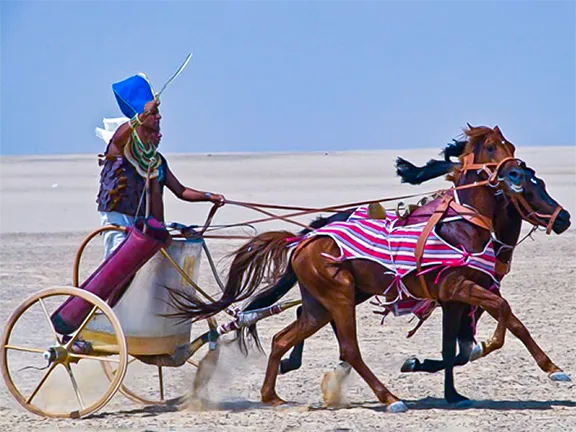 A Bronze Age Courier Service
A Bronze Age Courier Service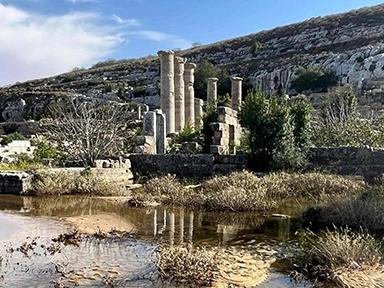 Cyrene's Lost Treasures
Cyrene's Lost Treasures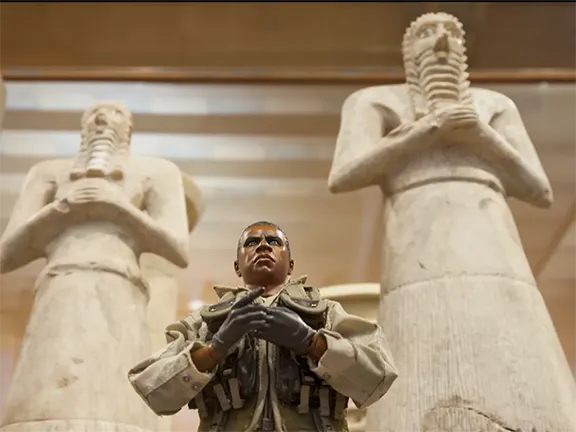 The Invisible Enemy
The Invisible Enemy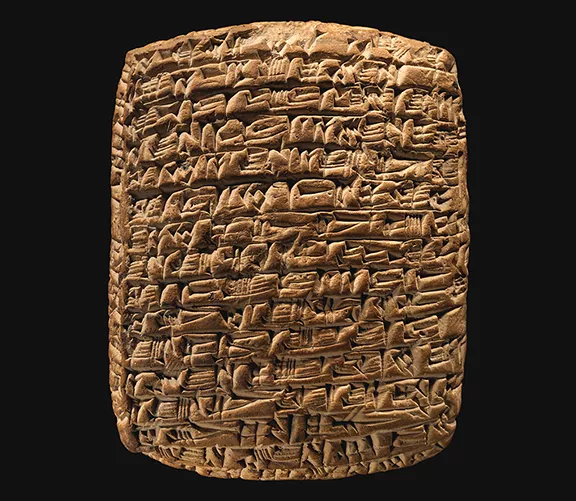 The World's First Company
The World's First Company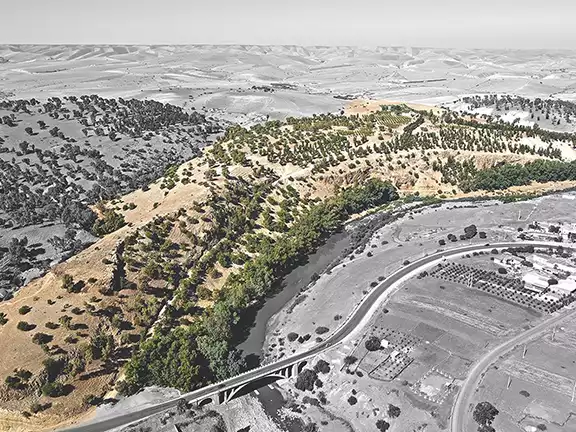 The Copper Age Site of Oued Beht
The Copper Age Site of Oued Beht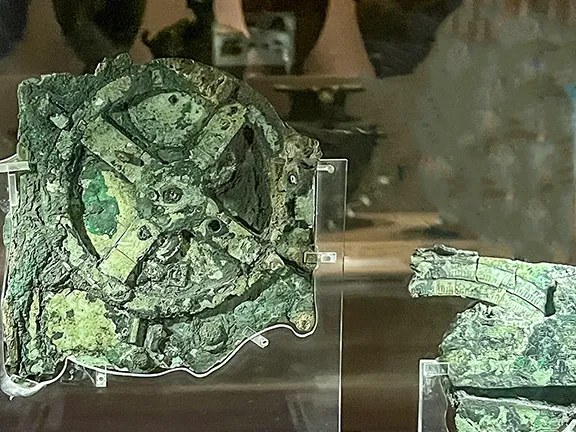 How the Antikythera Mechanism Works
How the Antikythera Mechanism Works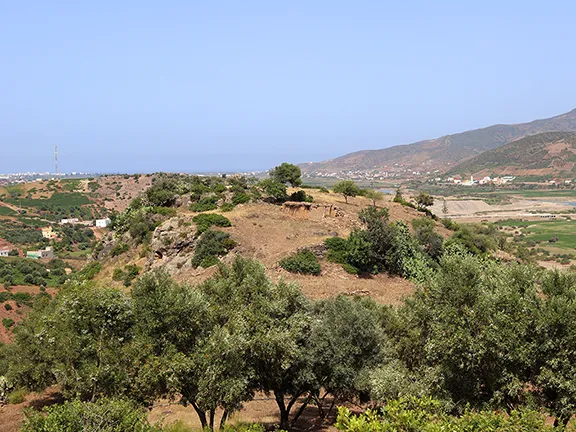 Kach Kouch and Iberia
Kach Kouch and Iberia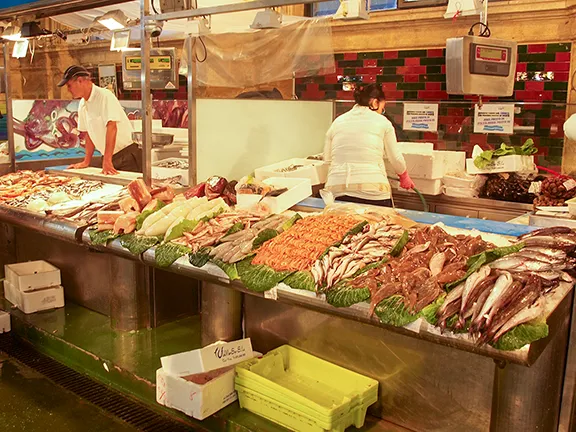 Mediterranean Diet Evolution
Mediterranean Diet Evolution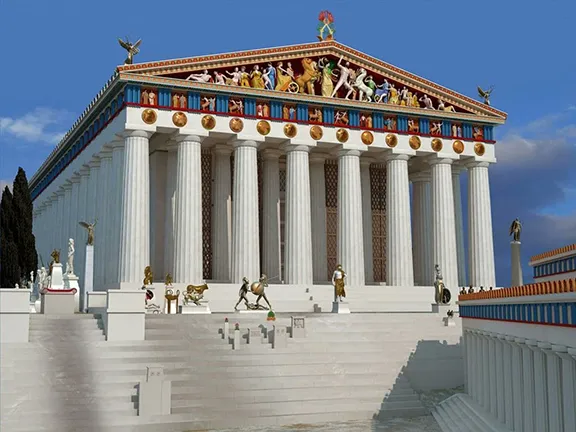 Hidden Colours of Ancient Statues
Hidden Colours of Ancient Statues Cleopatra: Egypt's Last Pharaoh
Cleopatra: Egypt's Last Pharaoh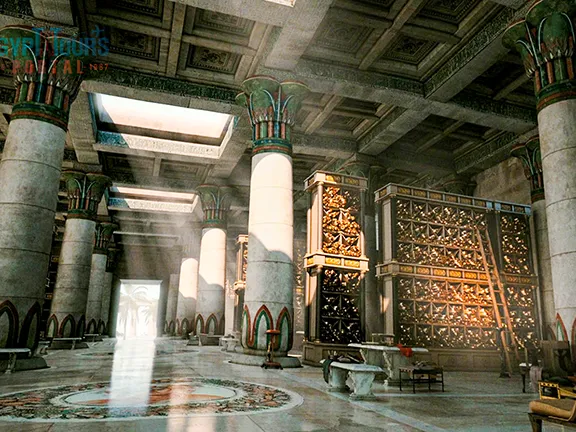 Alexandria Library's True Fate
Alexandria Library's True Fate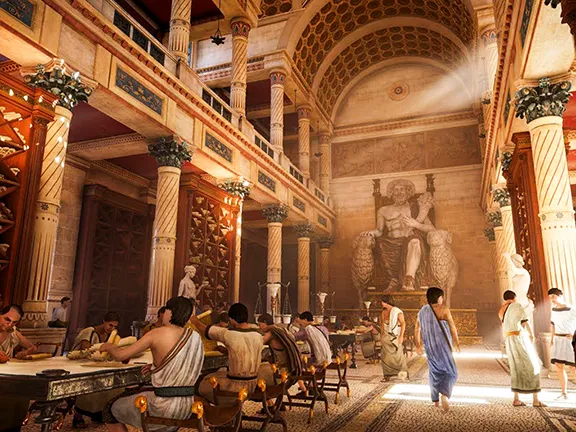 Six Great Ancient Libraries
Six Great Ancient Libraries Ancient Greek Technology
Ancient Greek Technology The Nadītu Investors of Sippar
The Nadītu Investors of Sippar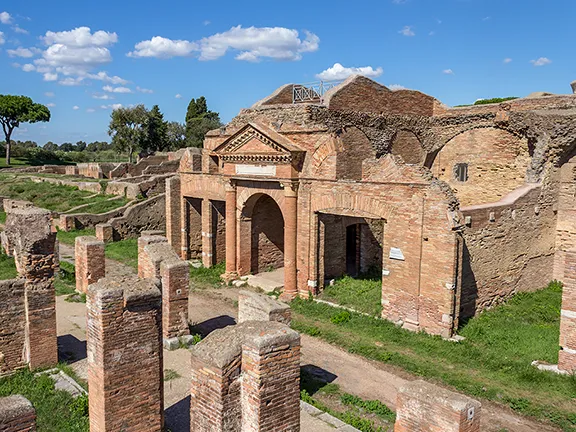 New light on Hadrian
New light on Hadrian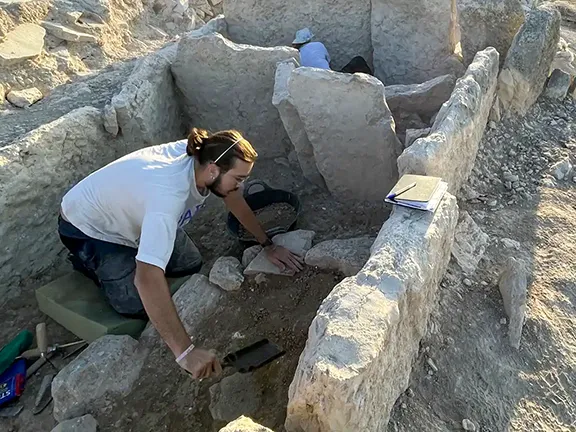 The Dolmens of La Lentejuela Teba
The Dolmens of La Lentejuela Teba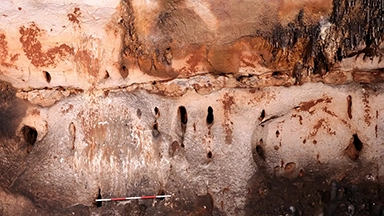 New Cave Art Discovery in Valencia region
New Cave Art Discovery in Valencia region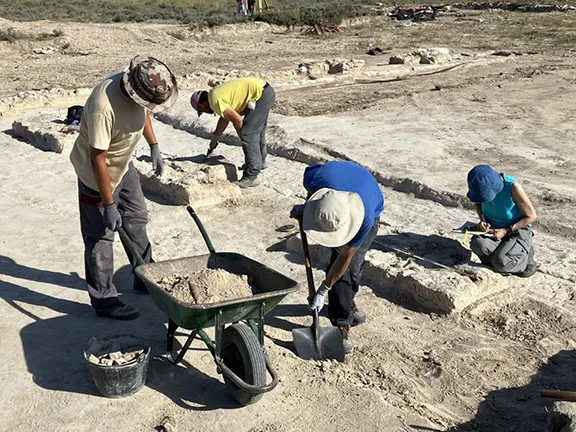 La Cabaneta Oldest Roman Forum in Iberian Peninsula
La Cabaneta Oldest Roman Forum in Iberian Peninsula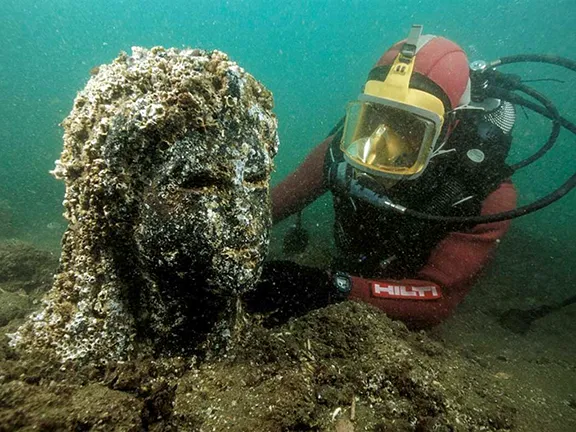 New Discoveries at Ancient Sunken City of Thonis-Heracleion
New Discoveries at Ancient Sunken City of Thonis-Heracleion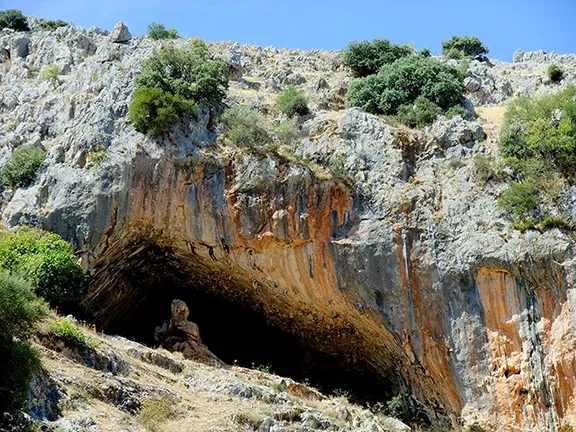 Europe's Oldest Shoes Found: 6,000-Year-Old Sandals Woven from Grass
Europe's Oldest Shoes Found: 6,000-Year-Old Sandals Woven from Grass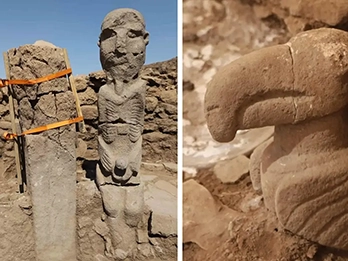 Discoveries at Gobekli Tepe and Karahan
Discoveries at Gobekli Tepe and Karahan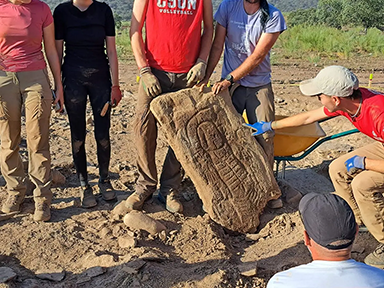 Decorated Stelae found in Canaveral de Leon, Spain
Decorated Stelae found in Canaveral de Leon, Spain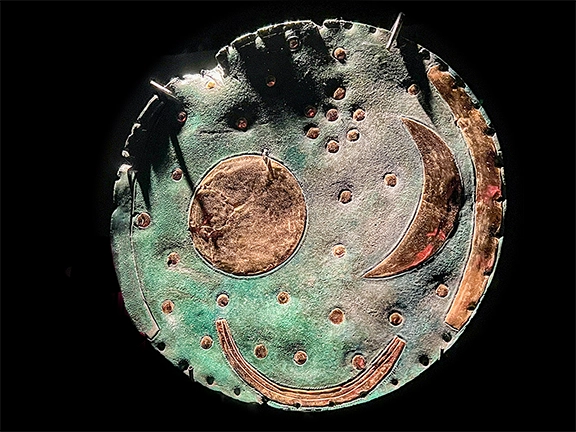 The Nebra Sky Disc: A Bronze Age Calendar
The Nebra Sky Disc: A Bronze Age Calendar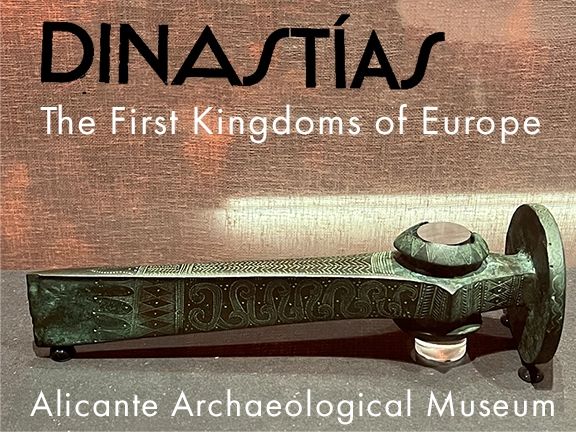 New Exhibition at the Archaeological Museum in Alicante
New Exhibition at the Archaeological Museum in Alicante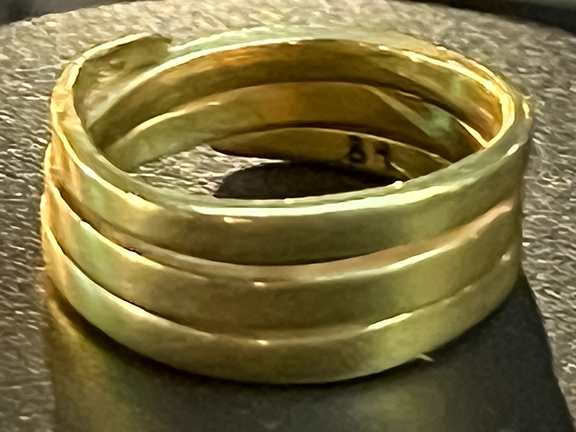 Bronze Age: A Golden Age for Jewellery
Bronze Age: A Golden Age for Jewellery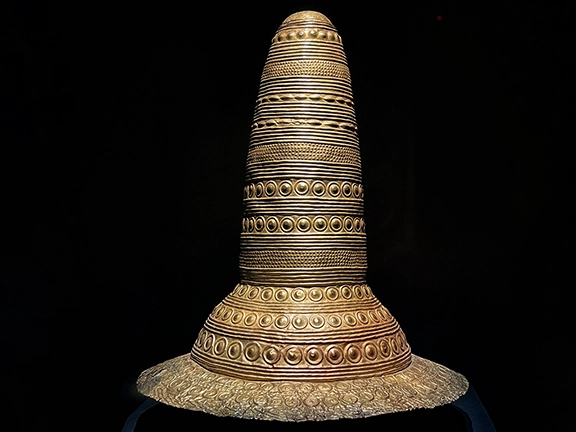 The Golden Hat of Schifferstadt
The Golden Hat of Schifferstadt